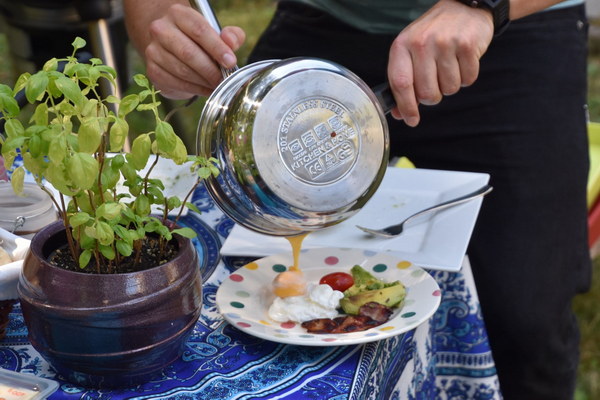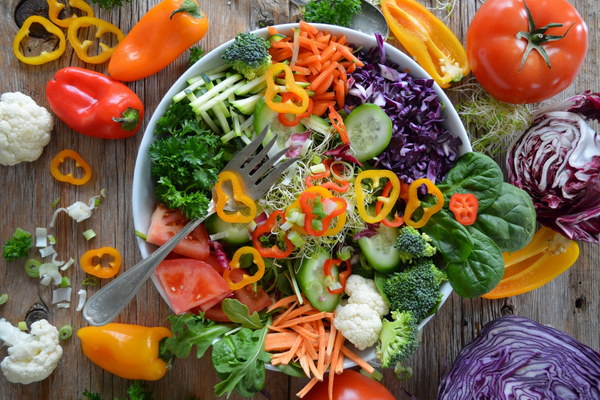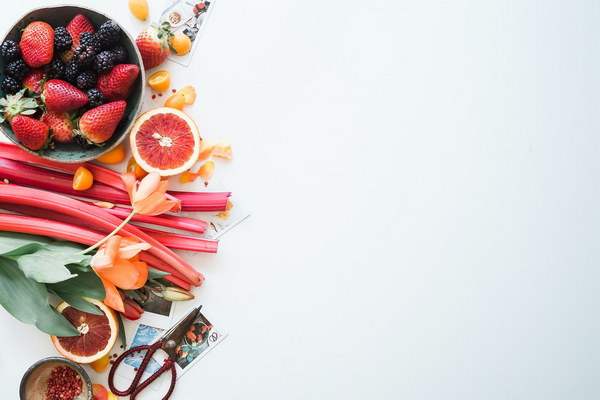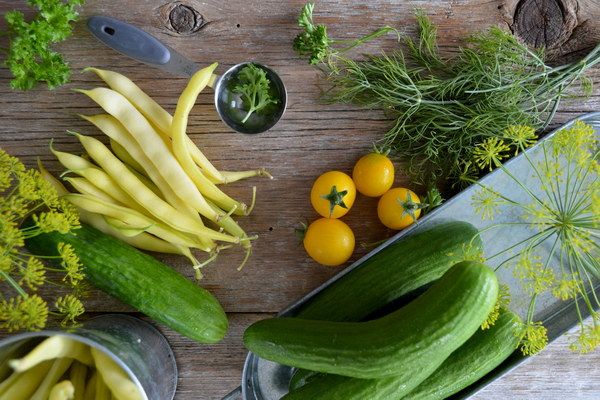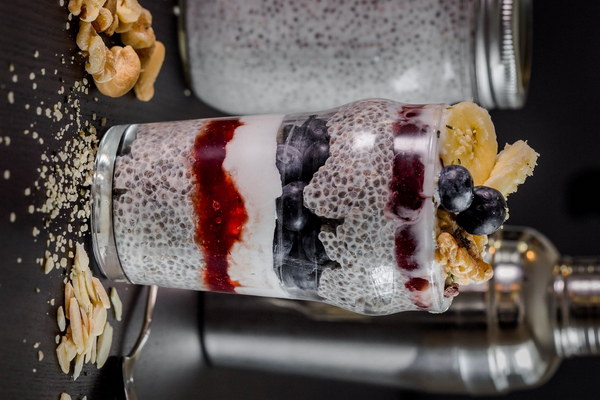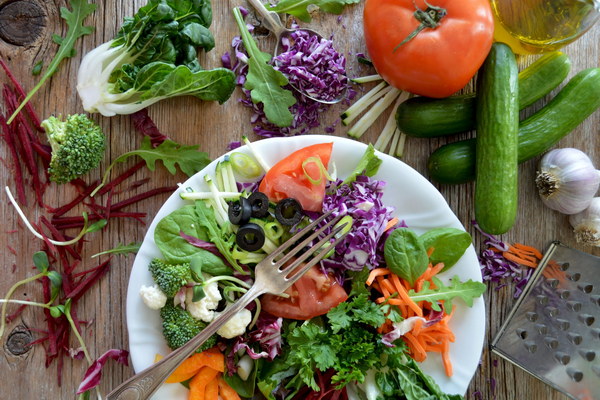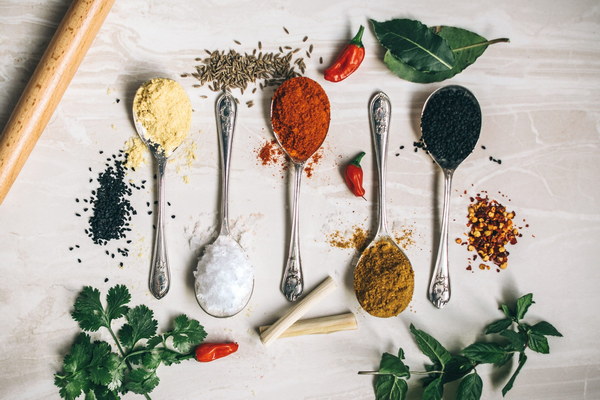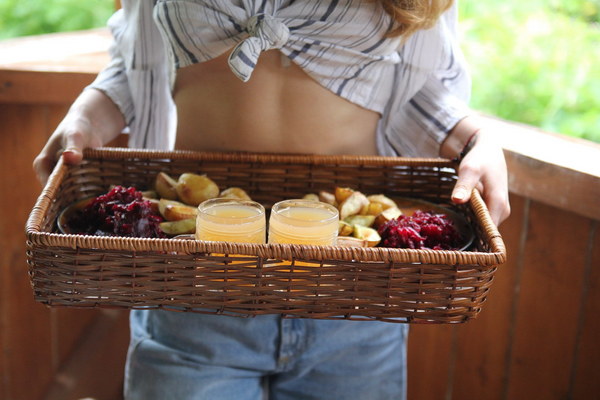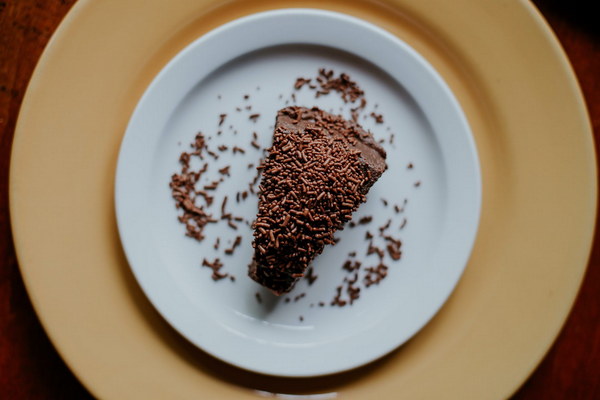Winter vs. Summer Which is the Better Time for Dampness Elimination
In the world of traditional Chinese medicine, dampness elimination is a crucial aspect of maintaining health. It involves the removal of excess dampness from the body, which can lead to various health issues such as fatigue, bloating, and weight gain. While both winter and summer seasons can be challenging for dampness, the question arises: Which is the better time for dampness elimination? Let's explore the differences between winter and summer in terms of dampness elimination.
Winter: A Time for Internal Dampness
Winter is often considered the season when dampness tends to accumulate within the body. The cold weather, dampness in the air, and a decrease in body temperature all contribute to the development of internal dampness. When the body is unable to expel dampness, it can lead to symptoms such as cold limbs, joint pain, and a general feeling of heaviness.
In winter, it is important to focus on warming the body and promoting blood circulation. Wearing warm clothes, eating warm foods, and engaging in activities that enhance blood flow can help eliminate dampness. Herbs like cinnamon, ginger, and dried tangerine peel are commonly used in winter to combat dampness. Additionally, herbal teas and soups can be effective in warming the body and promoting dampness elimination.
Summer: A Challenge for External Dampness
On the other hand, summer is often associated with external dampness. The hot and humid weather can lead to an accumulation of dampness in the body, causing symptoms such as sweatiness, skin disorders, and digestion issues. During this season, the focus shifts to expelling dampness from the body and preventing its accumulation.
To eliminate dampness in summer, it is important to stay hydrated and avoid excessive sweating. Cooling foods such as cucumber, watermelon, and green leafy vegetables can help reduce external dampness. Furthermore, herbal remedies like mint, peony, and turmeric can be used to support dampness elimination. In addition, engaging in activities like swimming or taking a cool shower can help manage external dampness.
Which is the Better Time for Dampness Elimination?
The answer to which season is better for dampness elimination depends on the individual's specific situation. Generally, winter is more suitable for internal dampness, as it is easier to warm the body and promote blood circulation during this time. On the other hand, summer is better for external dampness, as cooling foods and herbal remedies can help manage the excessive dampness accumulated during the hot and humid season.
However, it is important to note that dampness elimination is a year-round process. Both winter and summer have their own challenges, and it is crucial to maintain a balance between warming and cooling the body throughout the year. Here are some tips for dampness elimination:
1. Wear appropriate clothing to protect yourself from cold weather in winter and excessive heat in summer.

2. Eat a balanced diet, incorporating both warming and cooling foods throughout the year.
3. Engage in regular exercise to promote blood circulation and eliminate dampness.
4. Drink plenty of water to stay hydrated and support the elimination of dampness.
5. Consult a traditional Chinese medicine practitioner for personalized advice and herbal remedies.
In conclusion, both winter and summer have their own advantages for dampness elimination. Understanding the specific challenges of each season and adopting appropriate measures can help maintain a healthy balance and eliminate dampness throughout the year.
